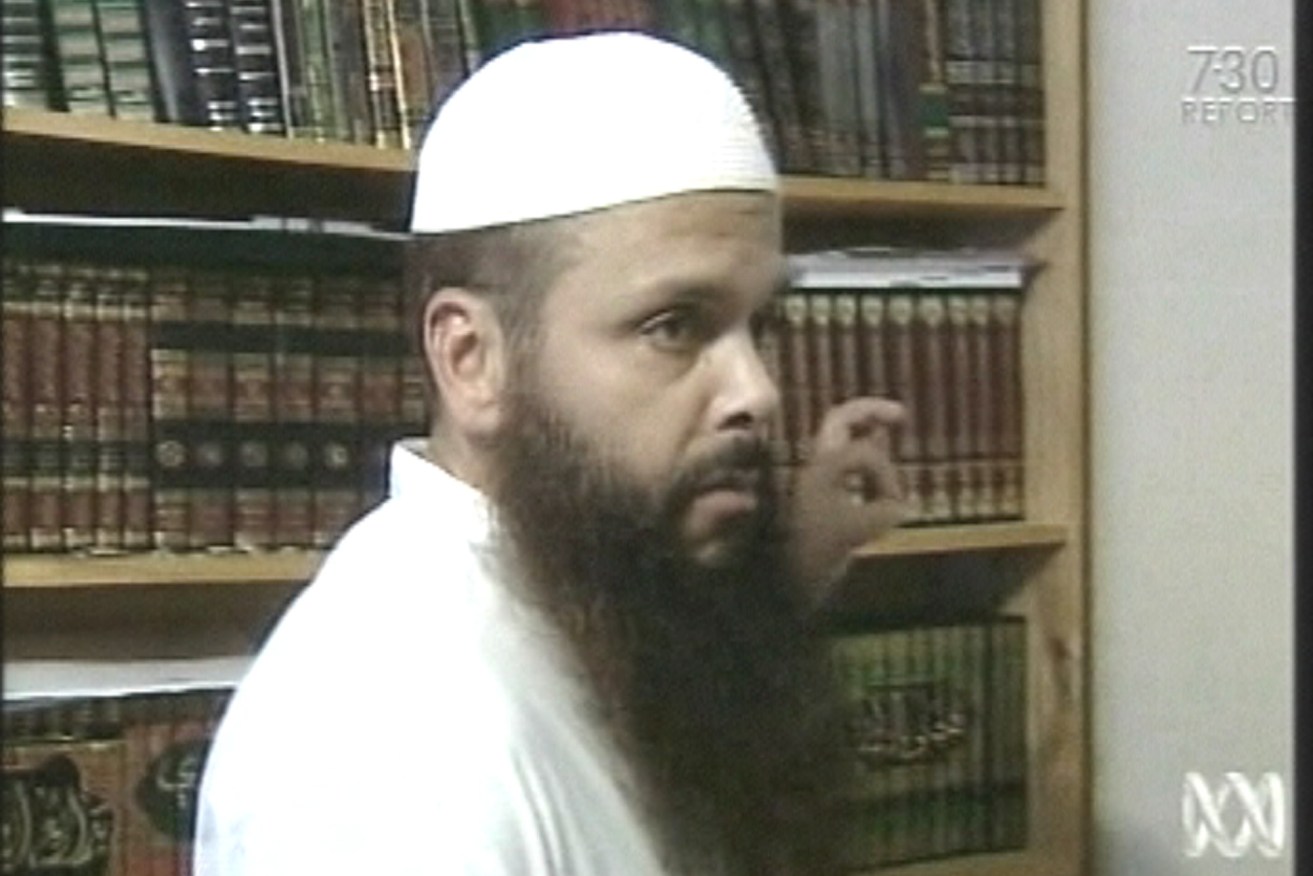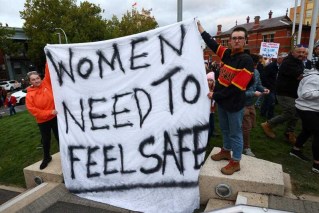Court ruling on terrorist sparks citizenship debate

The High Court has ruled against provisions for a minister to cancel the citizenship of a terrorist. Photo: AAP
A decision by Australia’s highest court to reinstate a convicted terrorist’s citizenship, effectively halting a bid to deport him, was “straightforward and unsurprising”, an eminent constitutional lawyer says.
The High Court struck down the provision allowing a minister to cancel the citizenship in the Australian Citizenship Act, ruling that it was invalid as it allowed the minister to punish criminal guilt, which was an “exclusively judicial function”.
The Algerian-born convicted terrorist Abdul Nacer Benbrika is expected to be released into the community following the outcome of the High Court’s decision.
The ruling was a vindication of the separation of powers in Australia, constitutional lawyer George Williams said.
“It applies the basic principle that it is for the courts and not politicians to judge guilt and impose criminal punishment,” he told AAP.
“The law infringed this by enabling a minister to impose an additional punishment of citizenship revocation.”
Acting opposition leader Sussan Ley said the coalition had acted on the best advice when the party initially drafted the laws.
“I don’t think the argument should be whether we could have or someone could have drafted better legislation, because we have to subject ourselves, of course, to the High Court ruling,” she told ABC Radio on Thursday.
“Mr Benbrika is a convicted terrorist, and remember, he did plan to conduct violent attacks against Australians on Australian soil.”
Ms Ley said the court’s decision reinforced the need for parliament to alter existing laws.
“When we return to parliament, we need legislation presented to the house that fixes this situation and resolves the High Court ruling in a way that allows Mr Benbrika’s citizenship not to be restored,” she said.
“Nobody … could possibly think that he should have Australian citizenship and, as a dual citizen, we have the right to take that away.”
Prime Minister Anthony Albanese said there was quite clearly an issue with the former Liberal government’s laws and “we’ll seek advice for the ruling and respond appropriately” about the legal consequences of this case.
Home Affairs Minister Clare O’Neil has flagged new laws to strip dual citizens found to engage in terrorist acts, but says she wants to make sure they’re robust enough to withstand a High Court challenge before introducing them.
But stripping citizenship “isn’t proven to be an effective means of protecting the community and the world at large from terrorism”, Mr Williams said.
This is due to the potential inability of other nations to deal with the threat posed by the terrorist, or the possibility of tit-for-tat retaliation by stripping the citizenship of dual Australians and deporting them back home, he said.
The case also exposed deep problems of political interference with the courts and legal system by the previous government who enacted the laws, Greens justice spokesman David Shoebridge said.
Benbrika is set to be freed after the Commonwealth and his lawyers agreed to drop a continuing detention order, which allows for a person to be kept in prison after serving out their sentence if they pose an unacceptable risk.
A report buried by the home affairs department found the method used to determine the future risk an offender posed, which then underpinned the assessment to keep them behind bars, was no more accurate than flipping a coin.
The report was seized upon by Benbrika’s lawyers when it came to light to argue the validity of his initial three-year detention order imposed in 2020.
The Commonwealth then agreed to drop the detention order in favour of a supervision order, which allows for 24-hour monitoring including close scrutiny of telephone and online communications, friendships and movements.
Benbrika will be freed once a Victorian court determines the parameters of the supervision order after his lawyers agreed to the switch.
The terrorist’s current detention order expires on December 23.
– AAP








